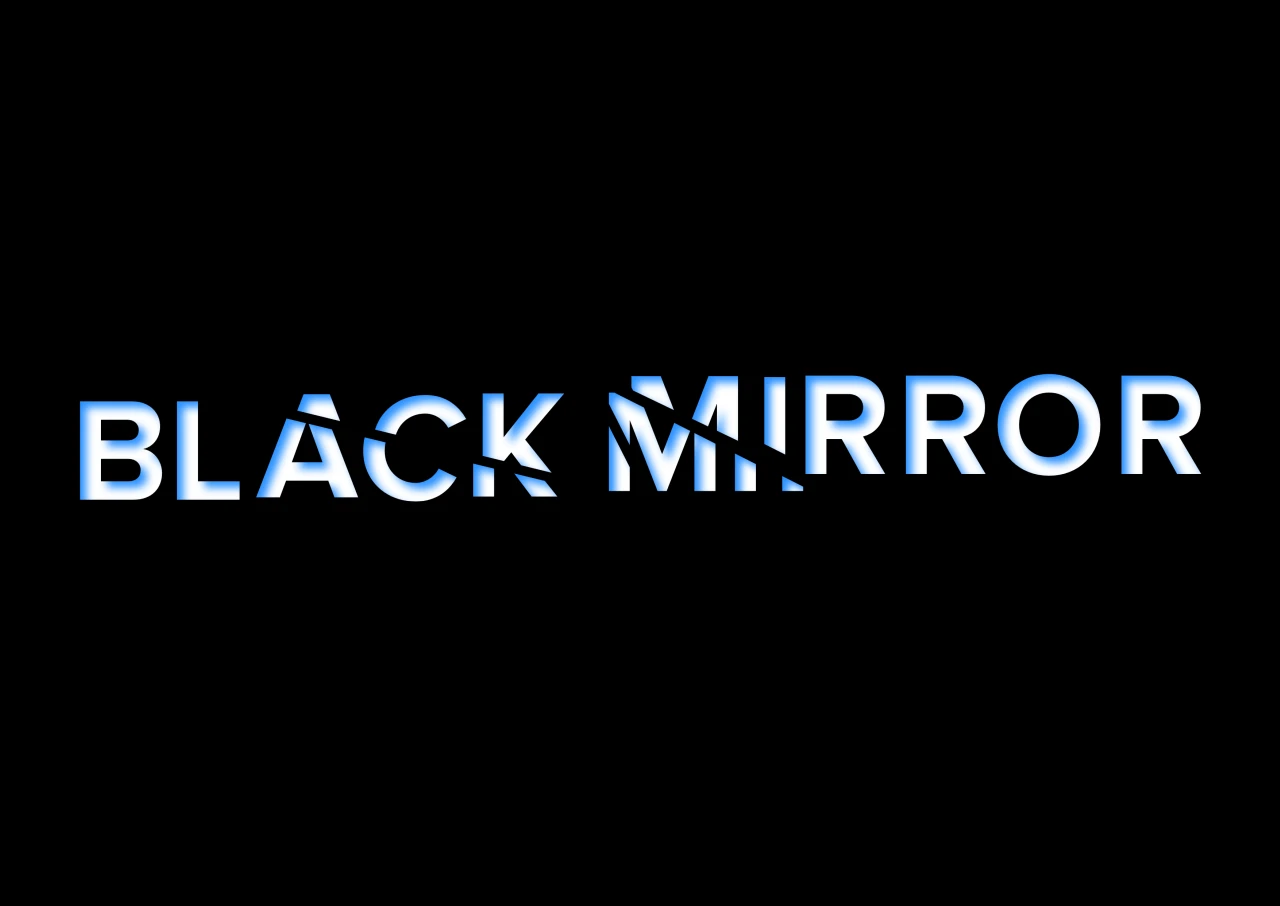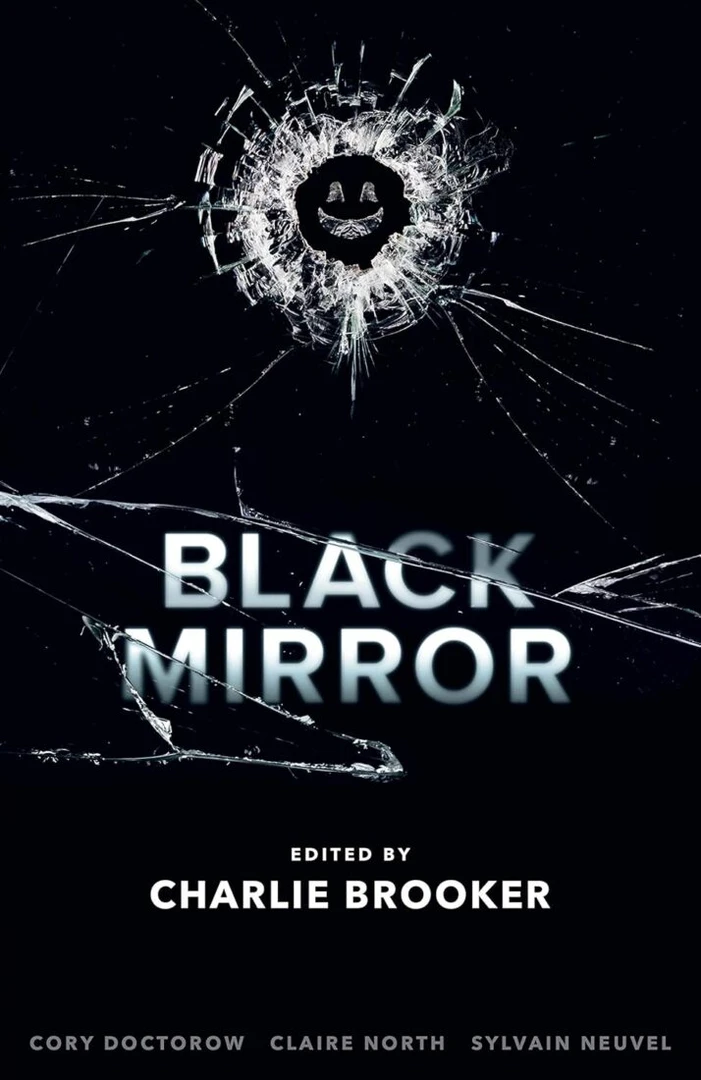Black Mirror to introduce few ‘unpleasant episodes’ in 7th season
 Black Mirror's logo accessed on April 10, 2025. (Wikipedia)
Black Mirror's logo accessed on April 10, 2025. (Wikipedia)
The much-anticipated British television series “Black Mirror” returns to Netflix on Thursday for a seventh season, promising to immerse fans once again in its iconic, dystopian worlds replete with futuristic technology.
After a two-year wait, the award-winning series, created by British writer Charlie Brooker, will air six new episodes, including a sequel to the fourth season’s “USS Callister” episode — a space epic inspired by the Star Trek universe.
“There are a few episodes that are quite unpleasant,” Brooker told AFP last month at a festival in the northern French city of Lille.
He added they were more like the “OG (original) Black Mirror, “, referring to the earlier seasons, which often explored disturbing scenarios driven by technology.
“There are quite a lot of emotional ones (episodes)… So, it’s a mix, which is a kind of what you’d expect from Black Mirror, of the familiar and the unexpected,” added Brooker.

Some of the episodes are, ironically, dripping in nostalgia, exploring technology that could allow you to relive a memory by entering an old photograph or recreate a black-and-white film using artificial intelligence.
Fans will see actors Paul Giamatti (“The Holdovers”), Rashida Jones (“Parks and Recreation”), Issa Rae (“Insecure”), and Emma Corrin (“The Crown”) on their screens throughout the season.
The cult series, which has nine Emmy awards to its name, first aired on the U.K.’s Channel 4 between 2011 and 2014 before moving to Netflix in 2016 and winning global acclaim.
The previous season, written during the COVID-19 pandemic at a time when Brooker said he was “sick of technology,” was more gory and supernatural than older seasons, the writer said in a press release.
The seventh season should appeal to long-time fans, thanks to its return to “‘OG Black Mirror’ and the near-future tech themes, with the satirical undercurrent and social commentary sprinkled on top,” said Brooker.
It is a recipe for success that the season, often praised for its prescience, swiftly reprises in the disturbing first episode called “Common People.”
The episode tells the story of a woman saved by miraculous medical technology that her husband signs up for, but which gradually consumes the couple with its cynical subscription-based model.
The series shows how technology itself is “not evil or malicious,” Brooker told Agence France-Presse (AFP) in Lille.
“Often the humans involved in the stories aren’t necessarily malicious, but there’s a clumsiness.”
“In a way, we’re the problem,” he added.
Shortly after its release, the sixth season of “Black Mirror” was the number one show globally on Netflix, with over 11 million views in the first week.



